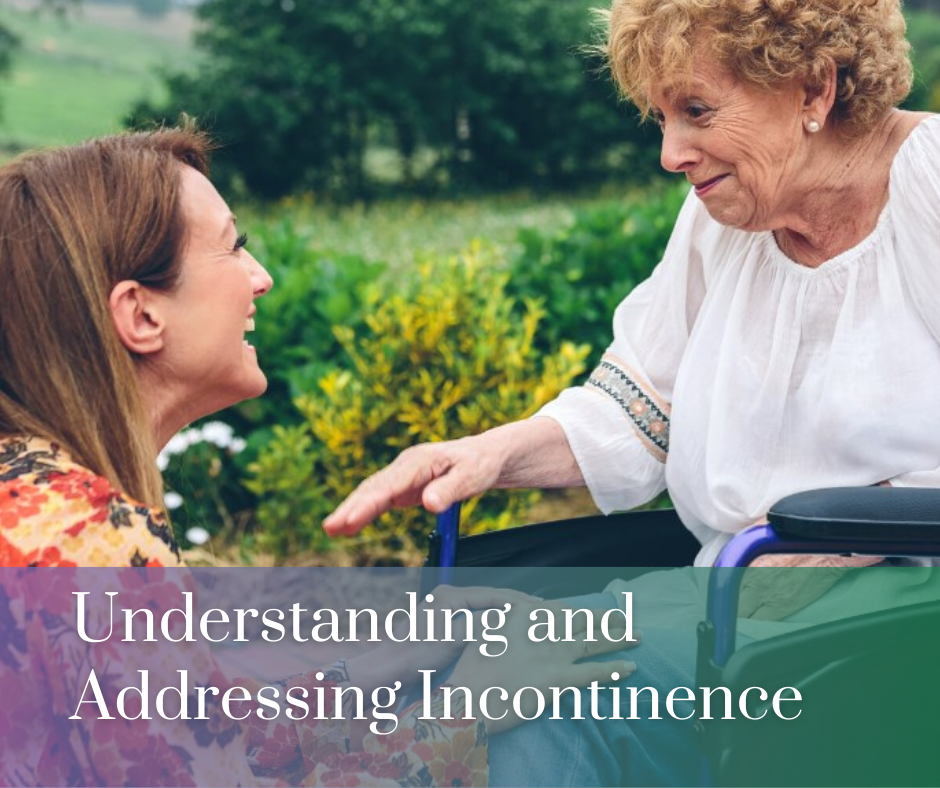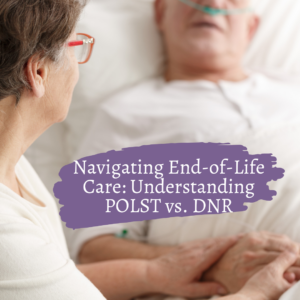Introduction
Incontinence is a prevalent and often underestimated condition in the United States, affecting more than 13 million individuals, with a significant 39% of seniors residing in assisted care communities experiencing its challenges.
Despite its common occurrence, seniors grappling with incontinence often bear a heavy emotional burden, including anxiety, shame, and embarrassment, which can lead them to conceal their accidents and refrain from seeking assistance.
However, recognizing the importance of seeking proper solutions is pivotal. It enables individuals to effectively manage the condition, maintain their comfort and hygiene, and sustain their independence.
As caregivers, it is our responsibility to not only comprehend the emotions associated with incontinence but also to be knowledgeable about identifying its key indicators. By doing so, we can ensure that seniors do not endure this condition in silence.
Understanding the Emotions Behind Incontinence
Incontinence is more than a physical condition; it carries emotional weight. Seniors experiencing incontinence often grapple with feelings of embarrassment and shame. As caregivers, it is essential to approach this topic with empathy and sensitivity, creating a safe space for seniors to discuss their concerns openly.
3 Tips for Recognizing the Top Signs of Incontinence
- Frequent Urges and Accidents: Pay attention to any noticeable increase in frequent urges to urinate or difficulty in controlling bladder function. Frequent accidents may be a sign of underlying incontinence.
- Changes in Behavior: Observe changes in a senior’s daily routine or behavior, such as avoiding social activities or bathroom-related issues. These could indicate a struggle with incontinence-related concerns.
- Visible Signs: Keep an eye out for visible signs, such as wet clothing or noticeable discomfort. These signs can provide valuable insights into a senior’s incontinence challenges.
Offering Assistance with Sensitivity
As caregivers, we have a pivotal role in assisting seniors with incontinence. It is essential to approach this task with empathy and respect, ensuring that seniors feel comfortable discussing their needs and concerns. Offering assistance with dignity and understanding can significantly improve their quality of life.
5 Ways the Correct Incontinence Supplies Can Improve the Situation
- Enhanced Comfort: Selecting the right incontinence supplies can greatly enhance a senior’s comfort, minimizing discomfort and irritation.
- Maintaining Hygiene: Proper incontinence supplies help maintain healthy hygiene practices, reducing the risk of skin issues and infections.
- Preserving Dignity: The right supplies allow seniors to maintain their dignity and independence while effectively managing incontinence.
- Reduced Anxiety: With the appropriate supplies, seniors can experience reduced anxiety and a greater sense of security in managing their condition.
- Improved Quality of Life: Ultimately, the correct incontinence supplies contribute to an improved quality of life for seniors, enabling them to engage in daily activities with confidence.
At Whole Life Home Care, we are committed to providing compassionate and comprehensive care for seniors, including support for those managing incontinence. By understanding the emotional aspects of this condition and recognizing its signs, we can ensure that seniors receive the care and assistance they deserve, empowering them to live fulfilling and independent lives.











